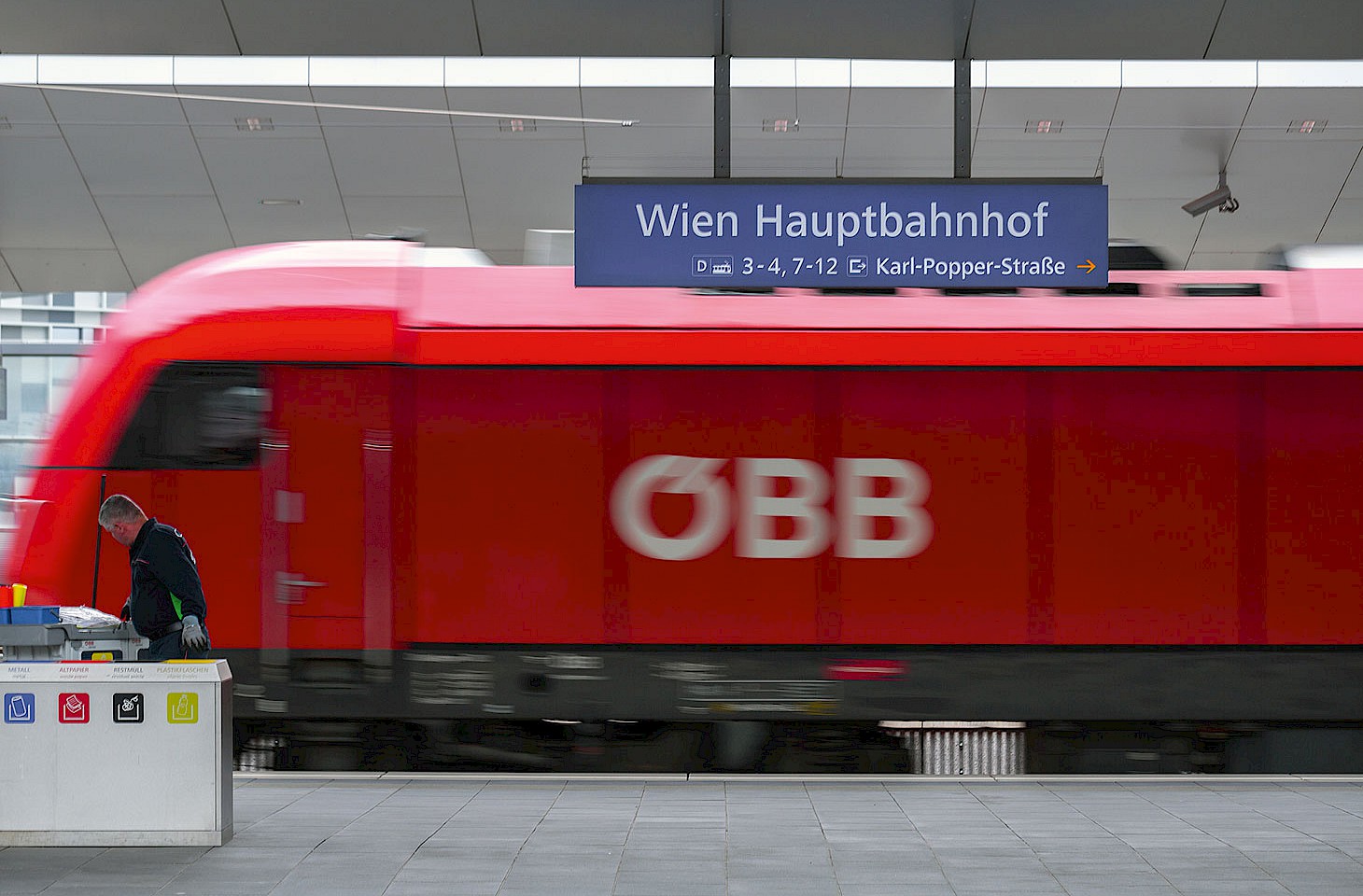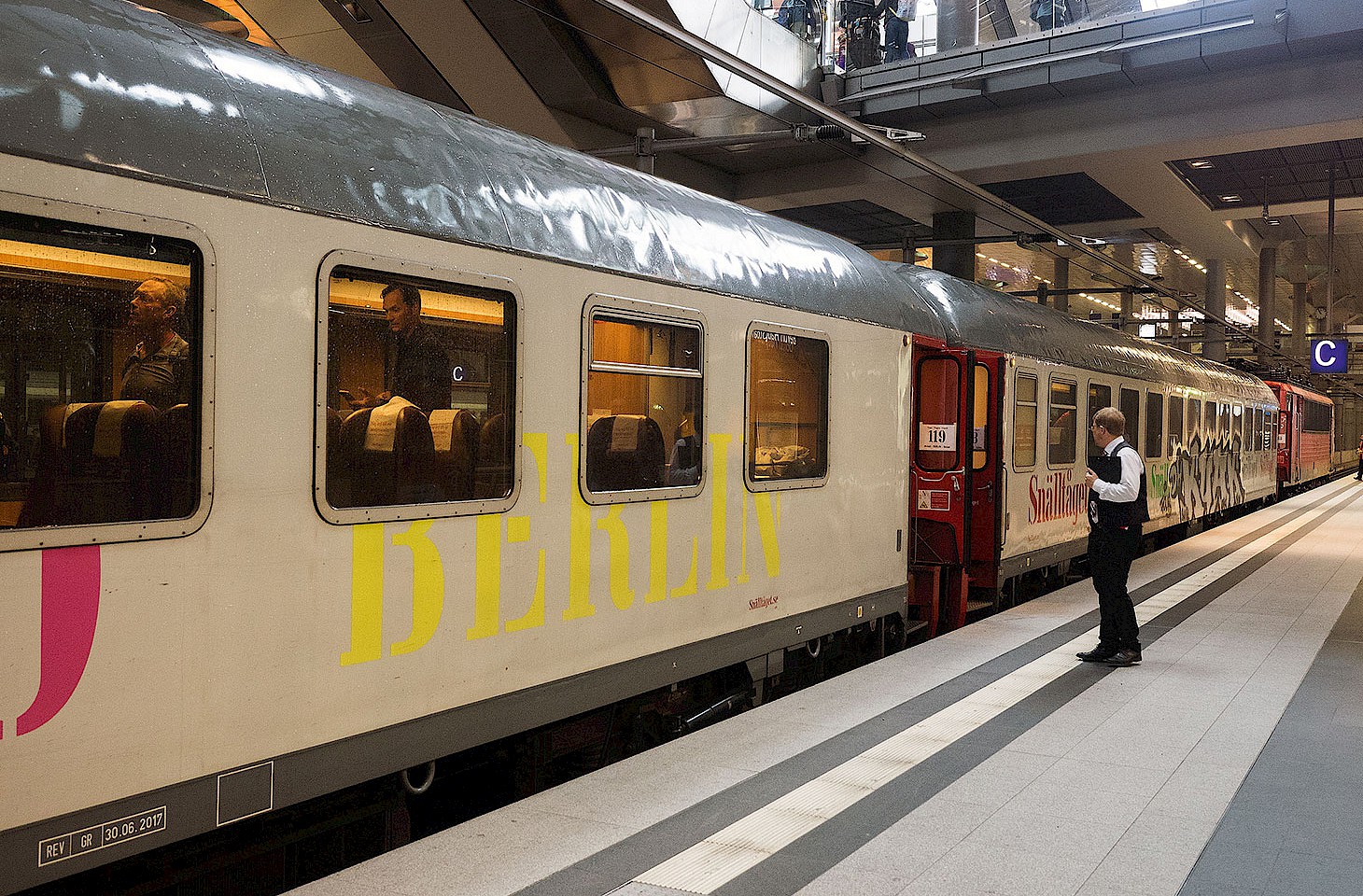About five or six years ago we saw a production of David Hare’s scathing play The Permanent Way. As a piece of documentary theatre, it made for a riveting evening. It is a genre in which Hare excels. His latest play The Power of Yes, on the recent financial crisis, is in the same mould and running to some acclaim at London’s National Theatre. Hare says the piece is all “about how and why western capitalism went kaboom.”
On the face of it The Permanent Way works with pretty dry subject matter — the privatisation of Britain’s railways. Indeed one of Hare’s characters in the play dismisses rail privatisation as “an incredibly boring subject.” This is a view with which the guard on our train agrees. The red train stops at all stations on its journey up the Danube valley in southern Germany. “I don’t want to talk about rail privatisation,” says the guard. “It’s too boring and it won’t happen.” That’s the view of a man with his pension invested in the status quo.
And it is a view echoed by locals at villages throughout the region. “There is no public appetite for selling off the Deutsche Bahn” says Ingrid whose career selling train tickets at her local rail station was abruptly curtailed when she was replaced by a machine that now dispenses tickets without the personal touch that Ingrid brought to each transaction. “The machine even provides instructions in Turkish and French,” says Ingrid, breaking off to go and assist an elderly man who is bewildered by the multilingual talent of the ticket machine.
Ingrid walks back across the single railway track and returns to her pet theme. “People want to travel with the Deutsche Bahn. It is a national institution, as German as Goethe and the Lorelei. Last June, a private company launched a night train from Stuttgart to Berlin. I could count on the fingers of one hand the number of times the train ran before the service was scrapped,” says Ingrid, evidently pleased by the failure of this nocturnal initiative to link the two ends of Germany. It is of no consequence to Ingrid that the state subsidised rail operator Deutsche Bahn does not run any night trains from Stuttgart to Berlin. “Better no service at all than to have a competitor to the Bahn,” says Ingrid.
Ingrid may not quite realise it, but even in her native Germany, things are changing. European Union initiatives to liberalise rail transport are bringing in the winds of change. Just as Germany’s Deutsche Bahn weighs up the possibility of running trains through the Channel Tunnel to London, French operator SNCF has its eyes on lucrative German traffic. SNCF already runs a fast TGV service from Paris to Munich and now the company is anxious to chip away at Deutsche Bahn’s market dominance in the German heartland.



